Possession vs Ownership in Property: Key Legal Differences
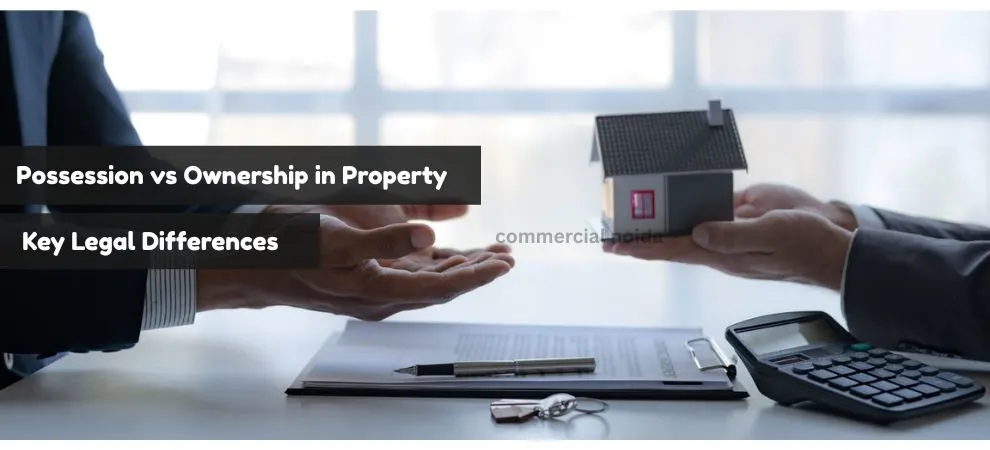
Know the Differences Between Possession vs Ownership in Property
Imagine you have a brand-new video game console in your room. You’re playing it, keeping it safe, and it’s physically with you. But what if your friend actually bought it and just let you use it for a while? That’s the main difference between possession and ownership, you may be holding or using something, but that doesn’t always mean you truly own it.
In the world of real estate, this difference is huge—and very important to understand, especially if you’re planning to buy property someday or even just rent one.
What's the difference between possession and ownership?
So, what is possession?
Possession means you are physically holding or living in a house, flat, or piece of land. It’s like moving into a new apartment that a builder gives you after construction is done. You now have the keys, you’re staying there, and you’re using the rooms. But, having possession doesn’t always mean that the house legally belongs to you.
Possession is about control and use. For example, if you rent a flat, you possess it during the time of your rental agreement. You can live there, bring in furniture, sleep, cook, and more. But legally, the flat still belongs to the landlord. You can’t sell it or make big changes to it because you don’t have ownership rights. Possession can be short-term or long-term, but unless it’s backed by legal ownership, it’s not permanent.
Now, let’s talk about ownership.
Ownership means you legally own the property. Your name is written in government records as the official owner. You have all the rights to live in, sell, rent out, or even gift the property. Nobody else can claim your house or land as theirs because you have the legal documents to prove it.
Ownership gives you power over the property. This power comes only when you have the sale deed registered in your name. A sale deed is a legal paper that proves the seller has handed over all the property rights to you, and it is registered with the government. Once this is done, you become the legal owner.
Is possession a proof of ownership?
Many people think that once they get possession, the property is theirs. But that’s not true. Possession only means that the builder or seller has handed over the keys or allowed you to enter the house. For complete safety and full legal rights, you need ownership, which means your name must be on the sale deed, and that sale deed must be registered with the government.
Let’s make it more real with an example. Suppose Sumit buys a flat in Delhi. The builder finishes the construction and gives him the keys with a possession letter. This letter says the builder has handed over the flat to Sumit.
But Sumit still hasn’t done the property registration or got the sale deed made. This means Sumit can live there, but he’s not the legal owner yet. If a dispute arises, Sumit could be at risk because he only has possession, not ownership.
So, what’s the big deal about a sale deed?
A sale deed is the final proof that you legally own a property. It includes all important details—like the name of the buyer and seller, property description, how much was paid, and more. It also states clearly that the seller is transferring ownership to the buyer. Once this document is signed and registered at the local registrar’s office, the property is officially yours.
Possession Certificate vs. Possession Letter
There’s another document people often confuse with a possession letter, and that is the possession certificate. This certificate is sometimes given by a government official (like a Tehsildar or RDO) and is needed to show banks or authorities that you now have the property.
It’s useful when applying for home loans or dealing with government offices. But again, this still does not mean you are the legal owner unless your sale deed is in place.
Occupancy Certificate
Another document you’ll hear about is the occupancy certificate or OC. This one comes from the local municipal office and says that the house or flat has been built correctly and is safe to live in. Without this certificate, even if you have both possession and ownership, living in the property could be illegal. So, yes, all these documents have different roles.
Possession is like getting to hold something and use it. Ownership is like having full control of it forever, in your name. If you own something, you can sell it, gift it, or rent it out. If you just possess it, you may only use it for a short while, depending on your agreement with the real owner.
In legal cases, courts often ask: who owns the property? Having just possession may help for some small issues, like proving who’s using the house. But without ownership, you can’t claim full legal rights. Even for things like inheritance, government schemes, and home loans, the sale deed and ownership status matter most.
Conclusion
So here’s what you must always remember: just having the keys to a house doesn’t mean it’s yours. You need to have the property registered in your name with a proper sale deed. Without that, your control over the house is weak.
If you’re planning to buy a home in India, always ask for the sale deed, get it registered, and only then consider the property legally yours. Don’t stop at getting possession. It’s a step, not the finish line.
In simple words, possession is when you live in the house, ownership is when the law says it’s yours. Understanding this difference clearly will protect you from legal problems in the future, help you make smart property decisions, and make sure your hard-earned money is safe.



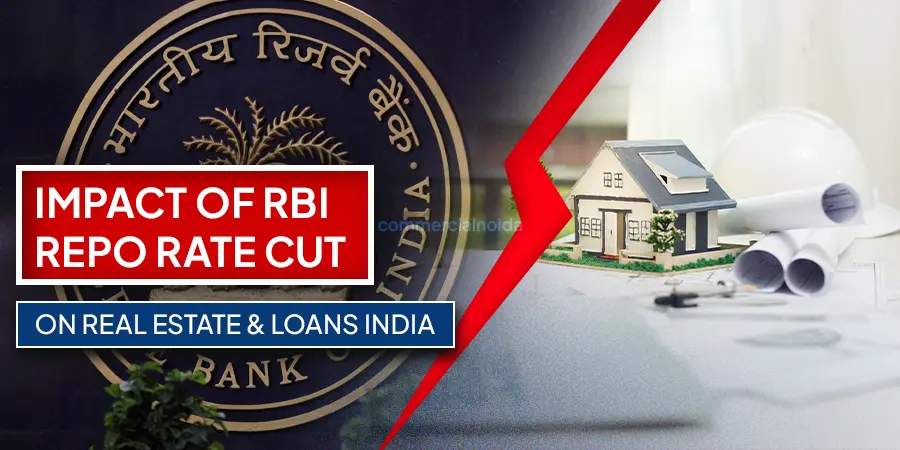
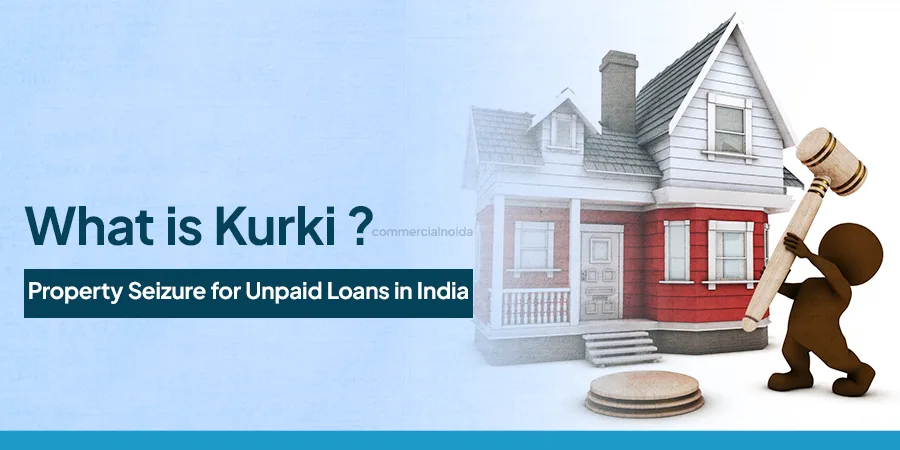
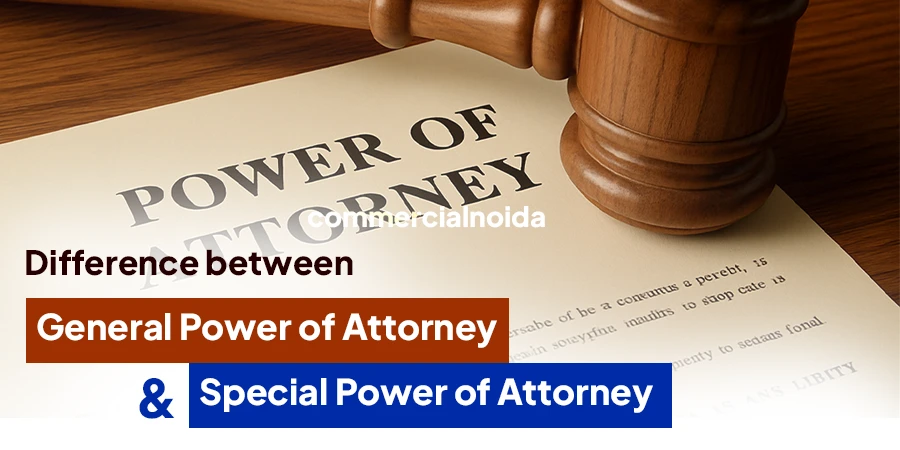
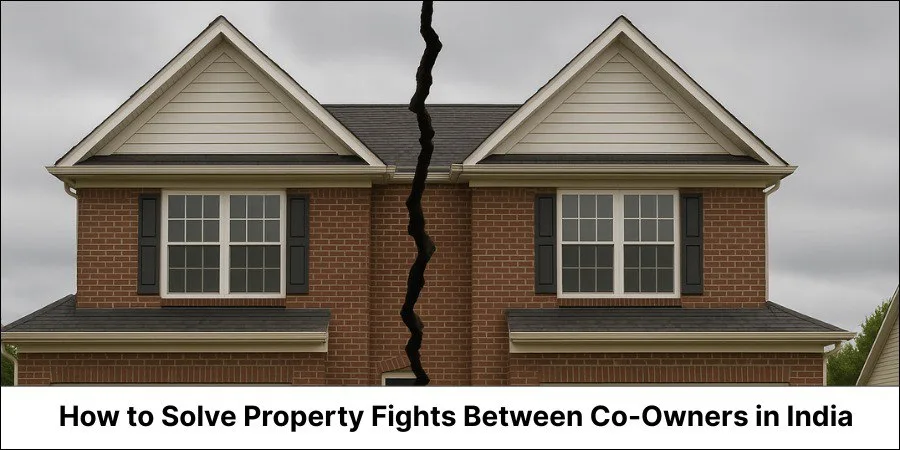
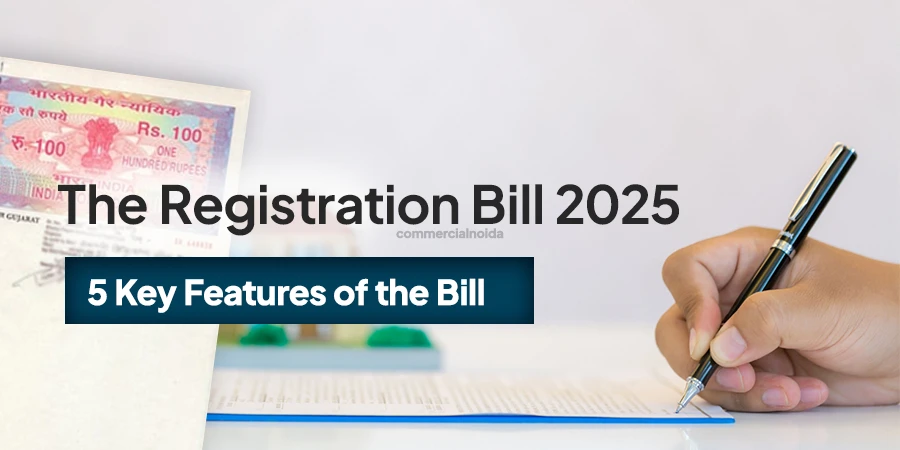
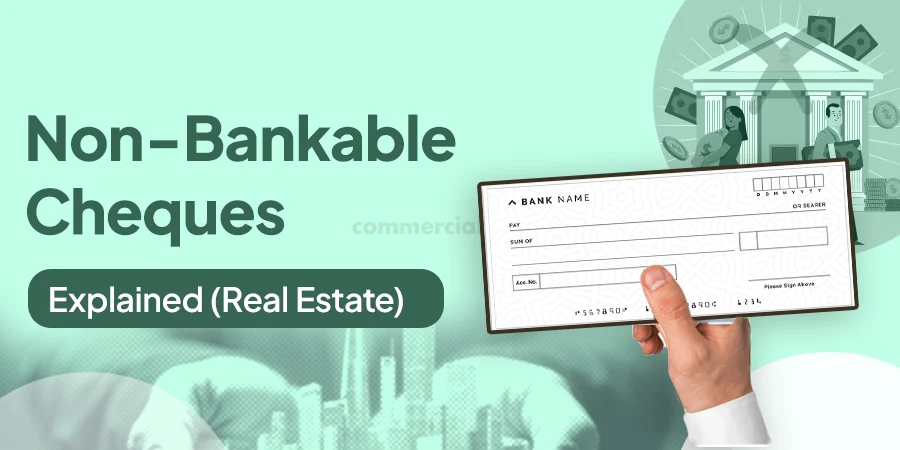
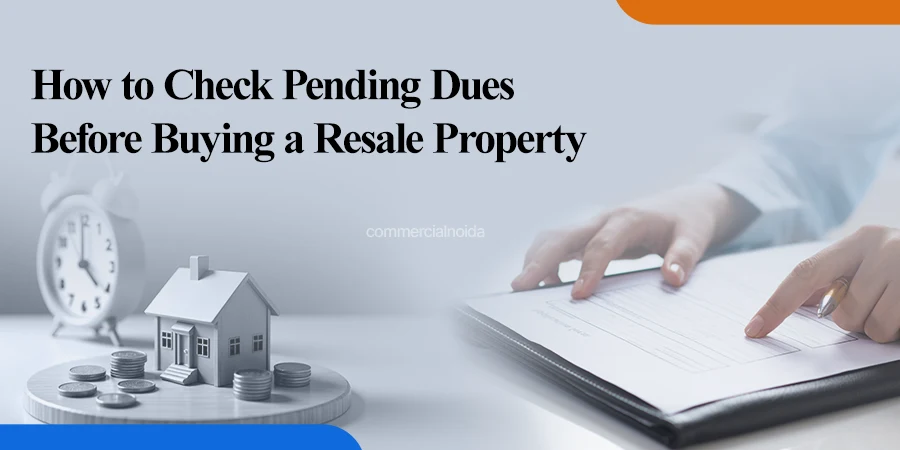

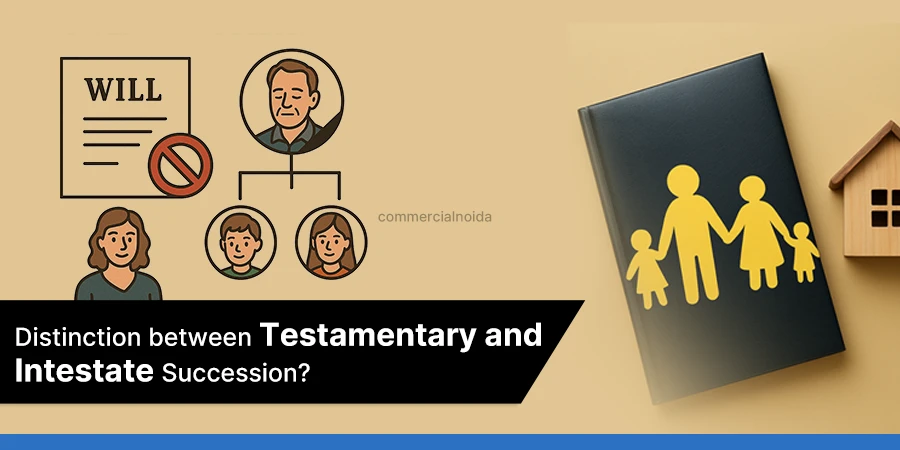



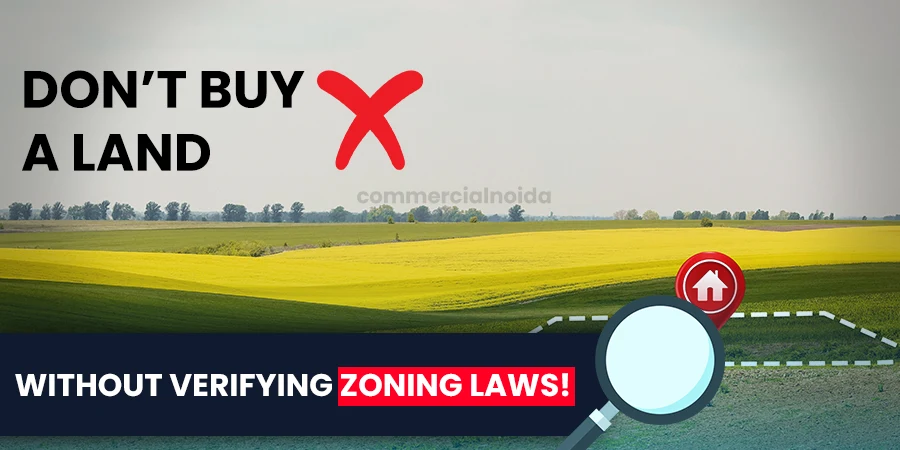
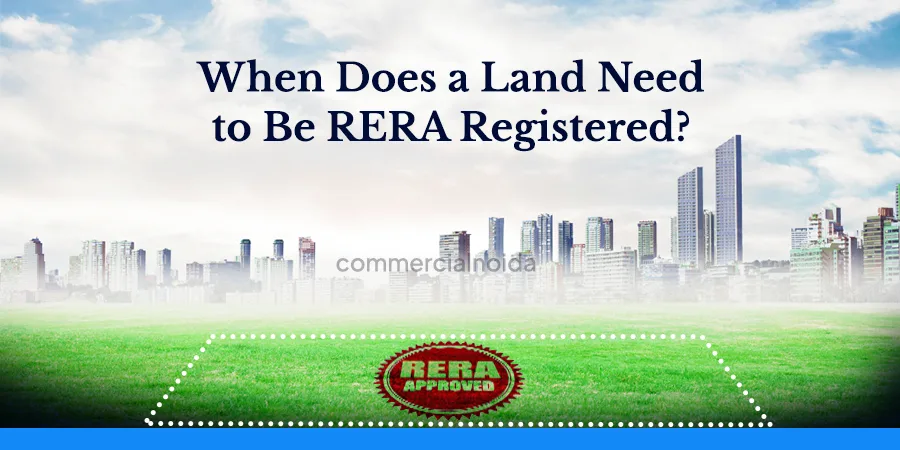
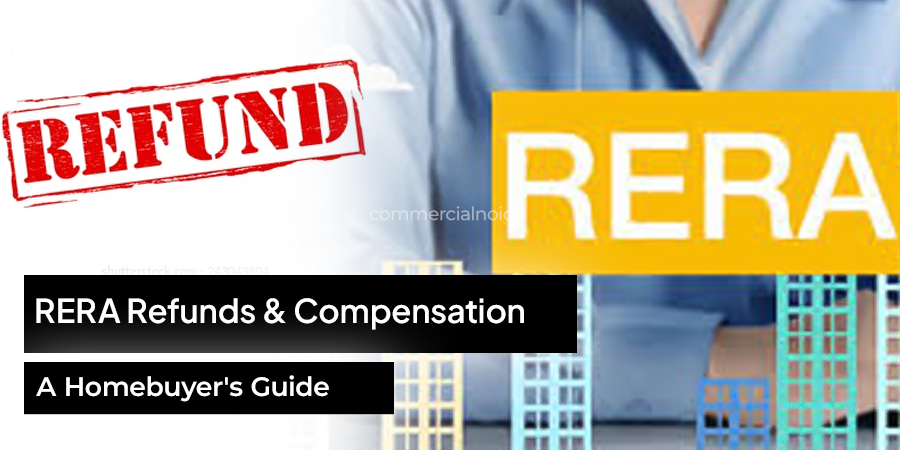
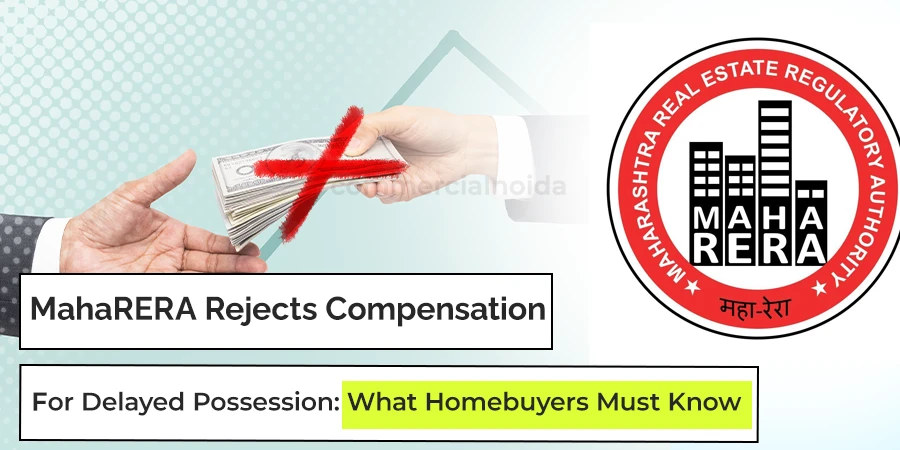

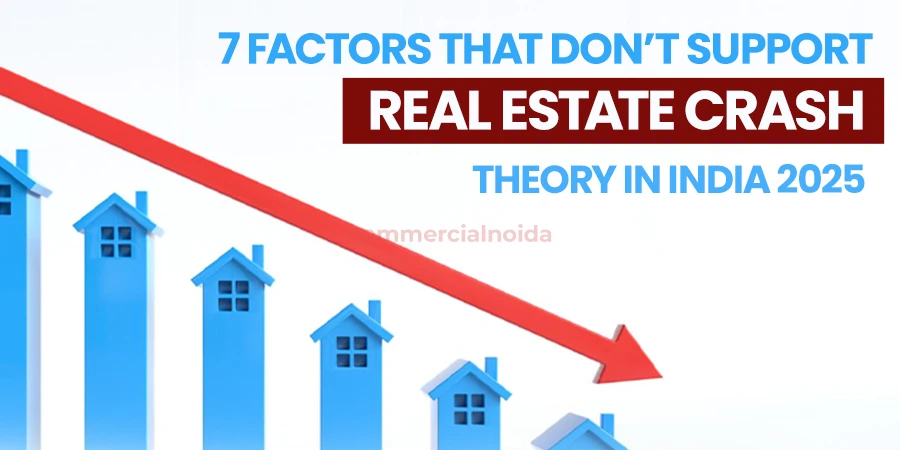
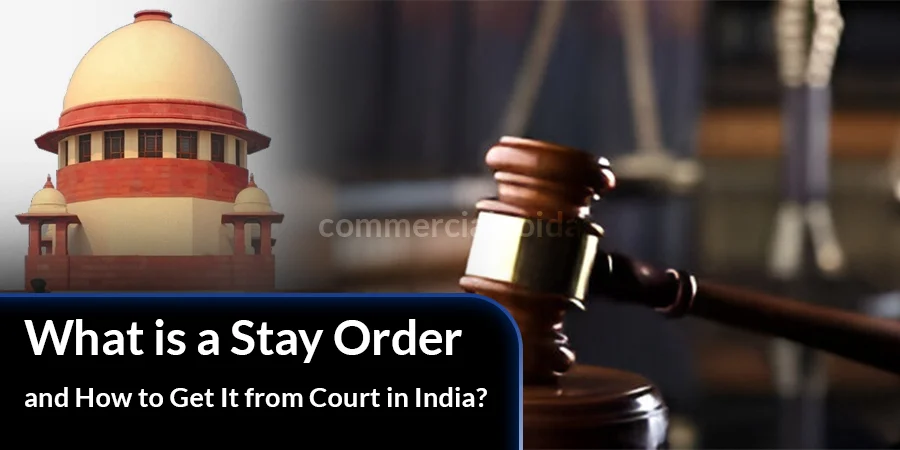

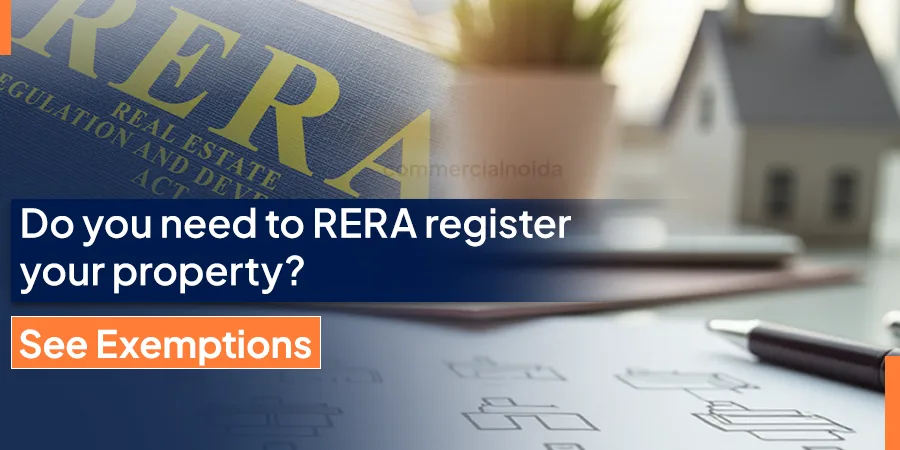
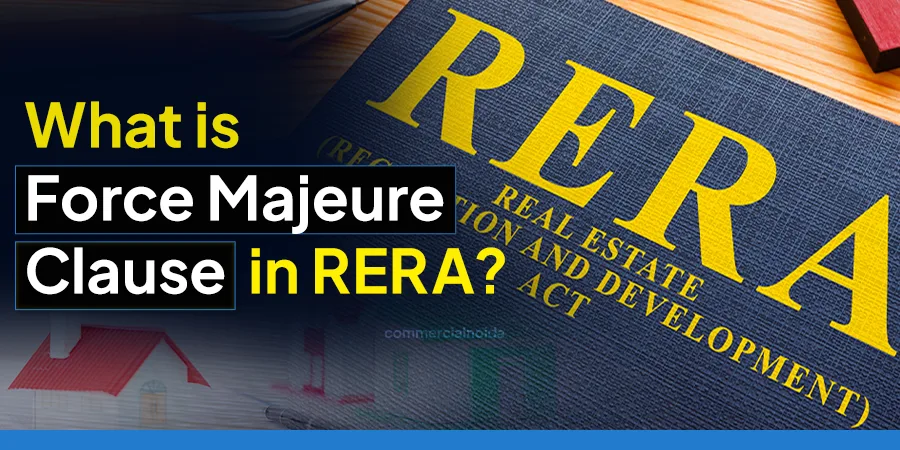
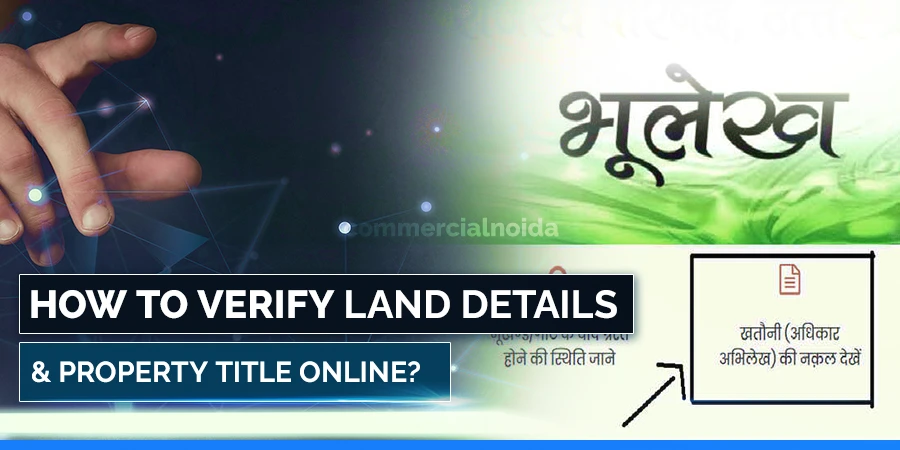
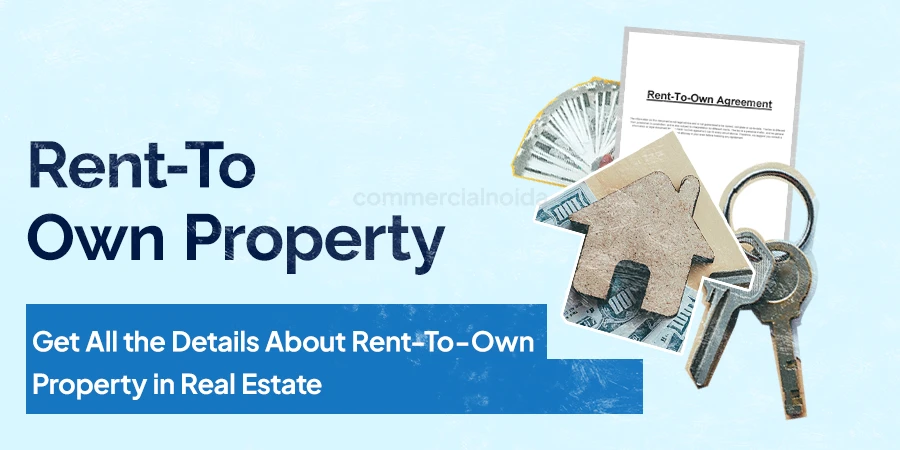


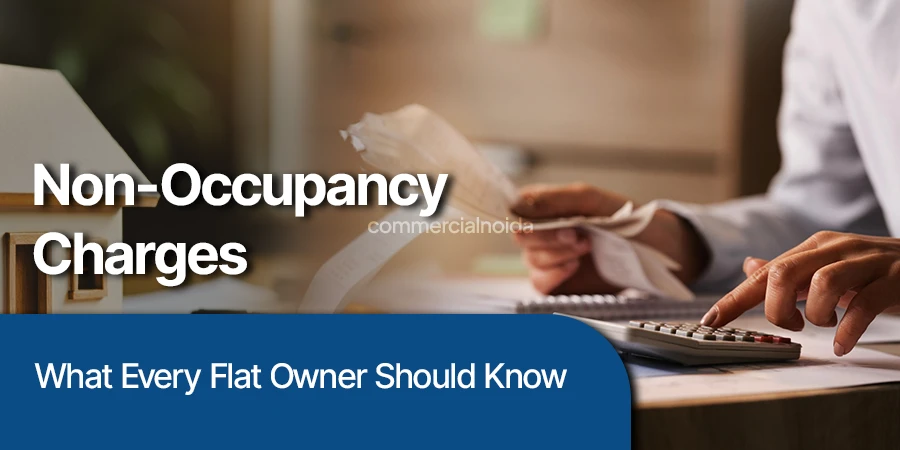
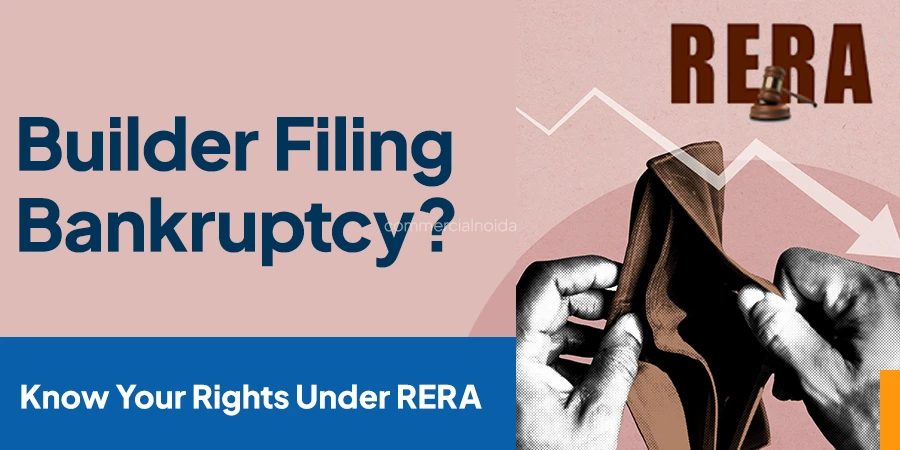
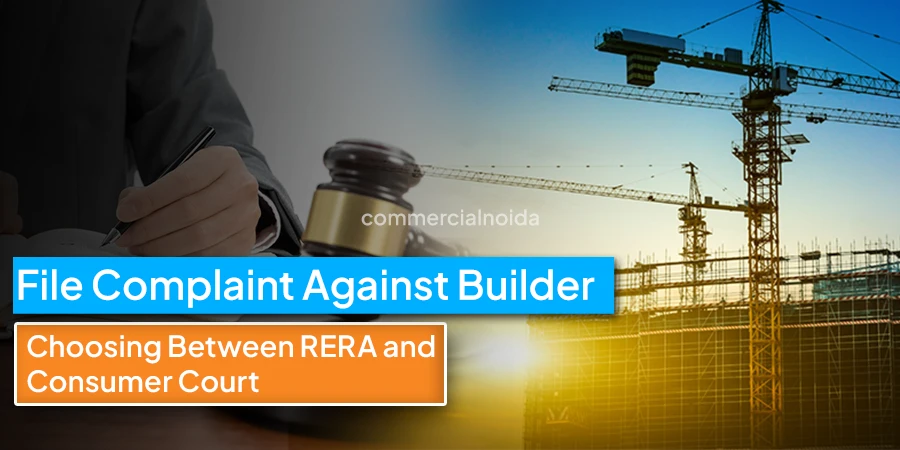

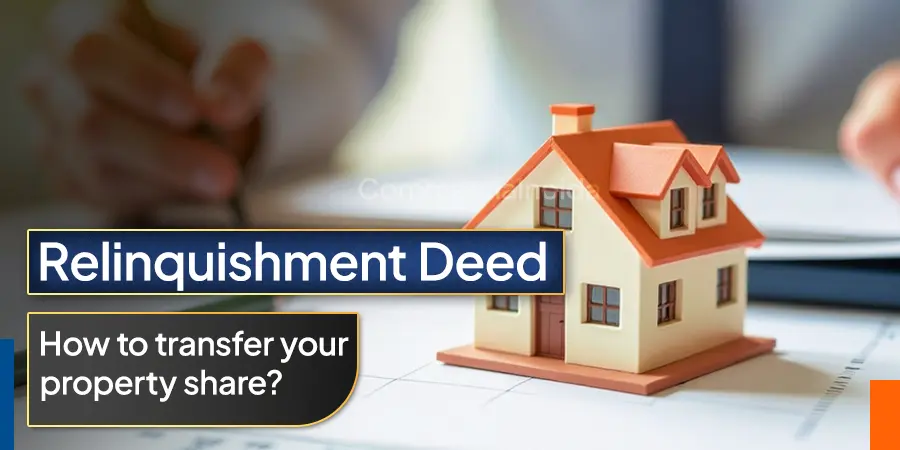

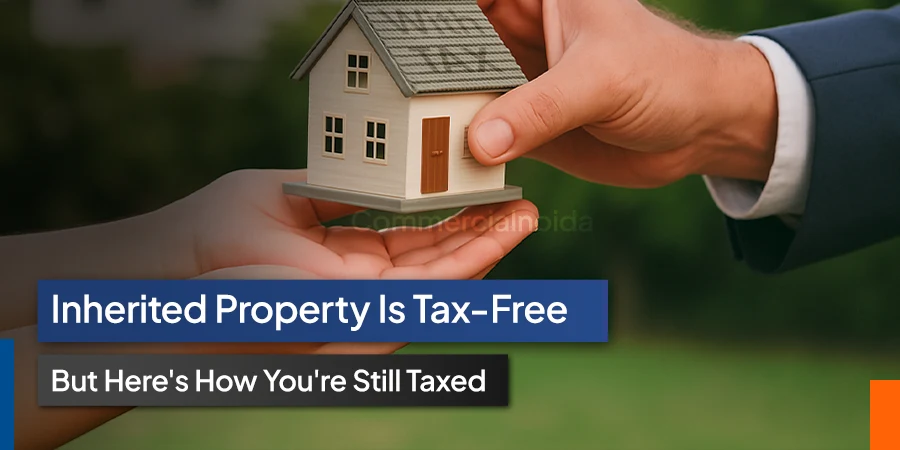

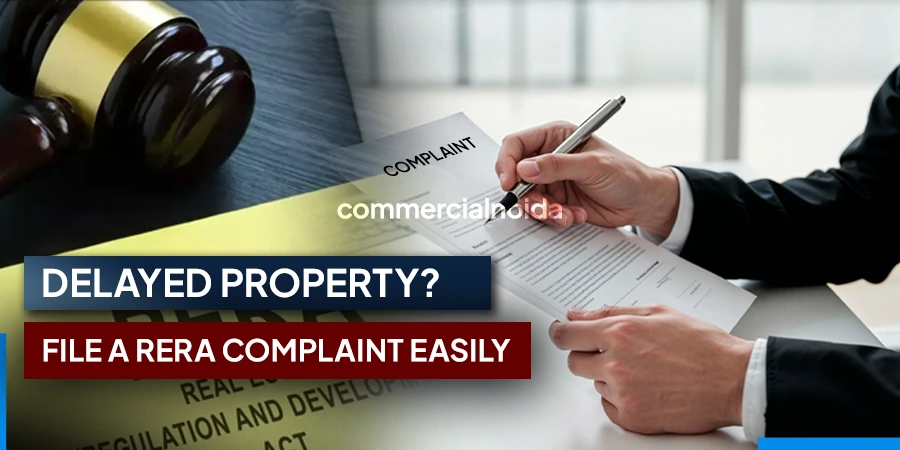
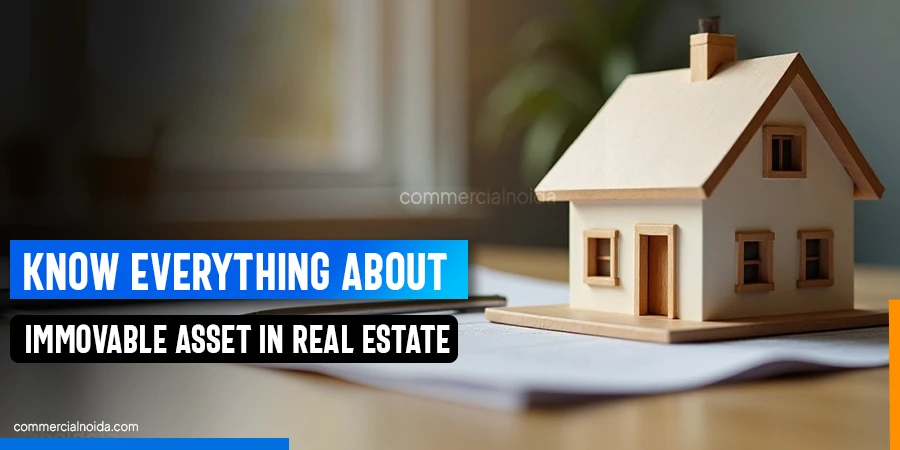






















































































































.webp)

































































































.webp)
















































































.webp)
































































































